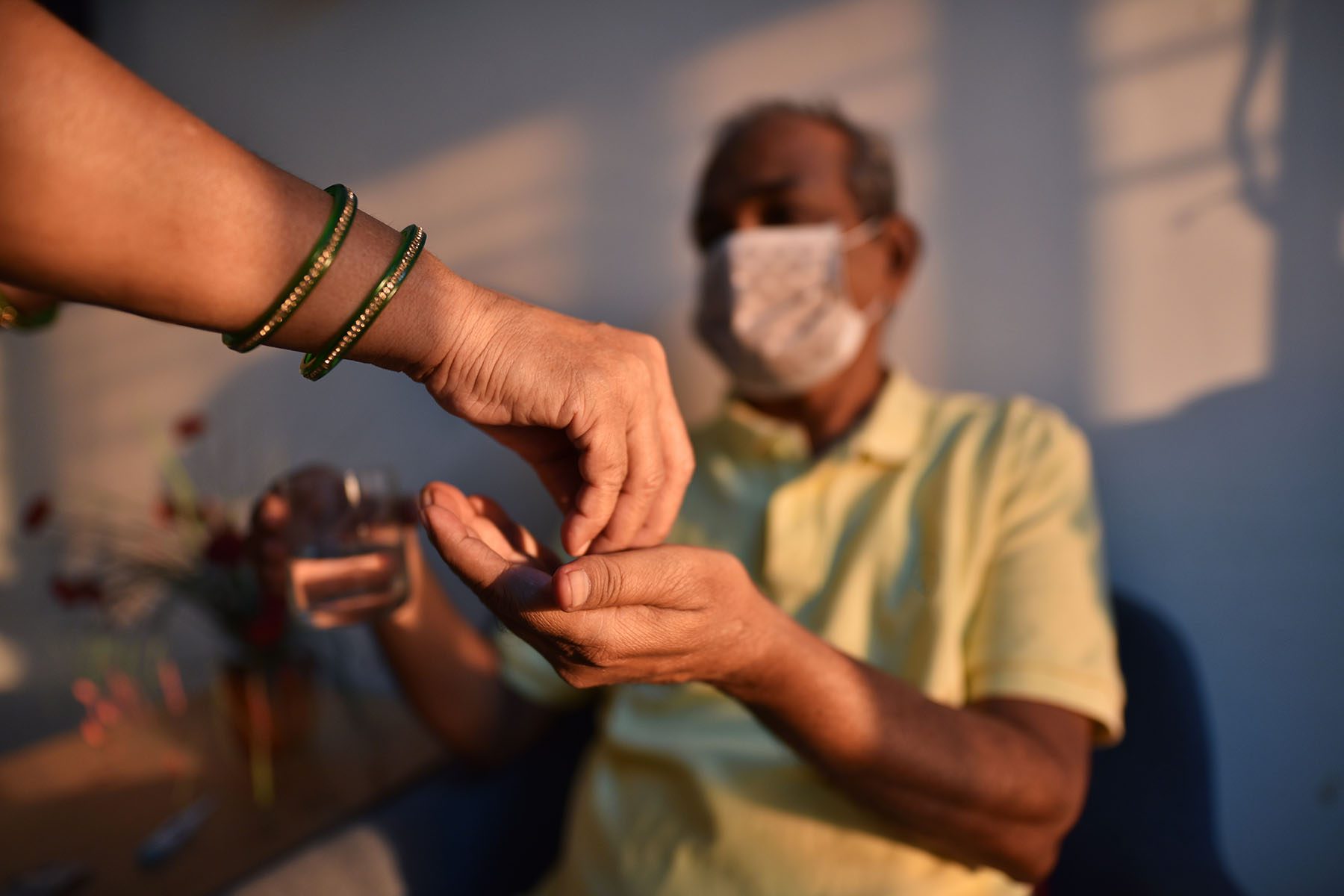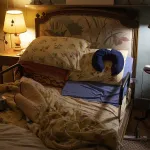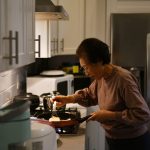Shaista Kazmi didn’t plan on making a career out of eldercare — she had planned on becoming a doctor. But when her father developed a rare neurological condition similar to Parkinson’s disease in 2009, her plans changed.
“There was a constant revolving door of caregivers,” Kazmi said. “They charged a psychotic amount of money. We had three kids. It was very financially difficult for us.”
But on top of money — which ultimately drove her to go from full-time to part-time work — Kazmi encountered another stumbling block. Kazmi, her parents, and her in-laws were all born in Pakistan. And like many immigrants and children of immigrants in America, Kazmi struggled to find culturally competent care for him — care that took his language, food, religion and other sensibilities into account.
These issues were only compounded when Kazmi’s mother-in-law became ill, too. Staff from local home care agencies were completely unable to communicate with Kazmi’s mother-in-law – Not because of any particular disease or disability, but because she didn’t speak English. Staff from local agencies didn’t know how to make food Kazmi’s mother-in-law wanted to eat, and soup and sandwiches “aren’t really going to fly with her.” Instead, Kazmi would pre-prepare lentils and curries for her mother-in-law every day.
“[Staff] could give her medication and make sure, God forbid, that she didn’t have a fall. But there wasn’t companionship,” Kazmi said.
After years of juggling competing responsibilities, Kazmi was at a crossroads. She could retake the Michigan medical board exam and begin practicing as a doctor, or she could do something else. She decided to create the eldercare that seniors in her community needed from the ground up.
In 2014 Kazmi founded Apna Ghar Senior Care. The agency serves elderly immigrants from India, Pakistan and Bangladesh in the Detroit metropolitan area, as well as an increasing number of aging immigrants from other countries. The agency is small — it only has between 40-60 employees at any given time. Staff speak a number of languages, and the agency is able to provide halal and vegetarian meals.
Apna Ghar is one of a handful of agencies serving specific immigrant communities in America. The services are patchwork and tend to spring up independently. Most people interviewed for this piece were unaware that other similar services exist in other states.
Pan Asian Senior Services is one of the largest agencies of its kind. Located in Philadelphia, it employs over 600 home health aides. It also operates a day program and a community center, for seniors who are more independent, “kind of a YMCA concept,” said its executive director, Ken Yang.
The center offers English as a second language classes to both clients and staff, as well as exercise classes, computer classes, and even a saxophone band. Originally, Pan Asian Senior Services was founded to serve Philadelphia’s Korean community, but it has branched out to include programs in 19 different languages, including Mandarin, Cantonese, Vietnamese, Cambodian and Haitian Creole.
Pan Asian Senior Services also runs a lunch program that became a meal delivery service during the height of the COVID-19 pandemic. “Meals on Wheels wasn’t serving meals that were to our seniors’ tastes or that they could easily digest,” Yang said. The program was more popular than anyone had expected. They ended up getting a number of requests from local Black and White seniors who were curious and wanted to try something different.
“We were able to expand a whole cultural horizon for some seniors,” Yang said.
The community center and in-house lunch program are open again, serving up beef bulgogi, kimchi soup and more. Earlier this month, Pan Asian Senior Services held its annual holiday party, where they served dduk gook, a Korean rice cake soup traditionally eaten around Christmas and New Year’s.
“I’m Korean American and was born in the United States, but I grew up eating [the same soup],” Yang said. “It’s significant because it’s supposed to give good luck in the new year,” he continued.
Pan Asian Senior Services offers holiday programming for Lunar New Year in late winter and the Mid-Autumn Festival, also known as Chuseok, as well as American holidays like Independence Day.
Food can make an enormous difference for seniors’ quality of life. Kazmi remembers a client with dementia she served early in her career. The woman had lost a lot of weight and didn’t seem to want to eat. That changed when she started receiving services from Apna Ghar.
“One of our caregivers opened up her tiffin box, which is like her lunch box. And the lady she was taking care of smelled those Indian spices and suddenly wanted to eat,” Kazmi said. The caregiver fed the client with her hand and for the first time in a long time, she happily ate. Both the caregiver and the client grew up eating with their hands. “[Other agencies] may not see that as hygienic, but culturally, it was what the client needed,” Kazmi said.
Beyond improved quality of life, however, culturally competent services appear to bolster seniors’ health. There is little research, but data collected by Pan Asian Senior Services shows that in 2020, during the height of the pandemic, fewer than 10 percent of seniors receiving home care through the agency were hospitalized for any condition, for any amount of time. Hospitalization rates are a commonly used quality indicator in eldercare. According to a 2017 report from the United Health Foundation, almost 15 percent of seniors nationwide were hospitalized that year, and that was well before the pandemic.
Kazmi has also noticed that her clients are leading healthier lives, at least anecdotally. “Having someone to talk to is really important, just for cognitive health,” she said. Just having care staff that speak the same language can make an enormous difference in people’s lives. “Isolation can really harm people,” she said.






